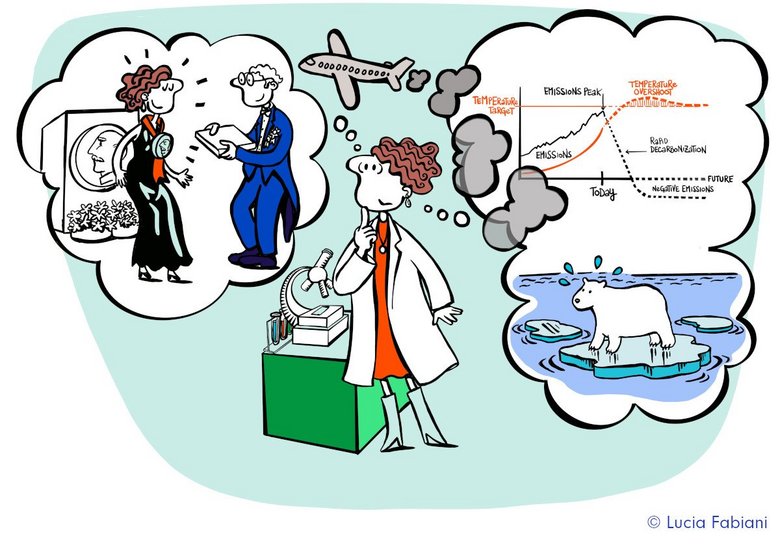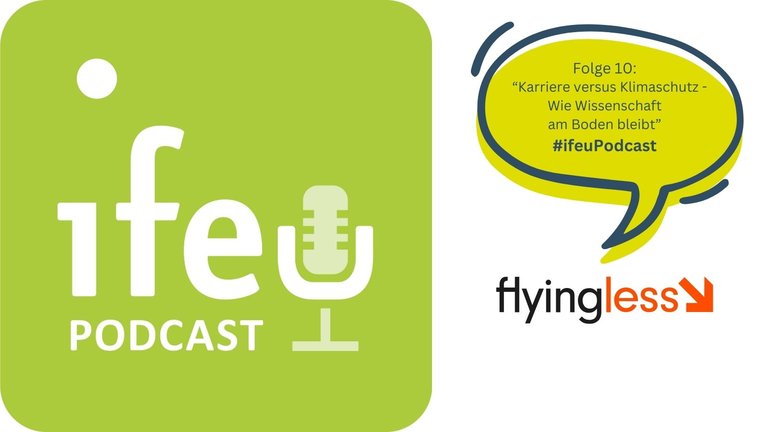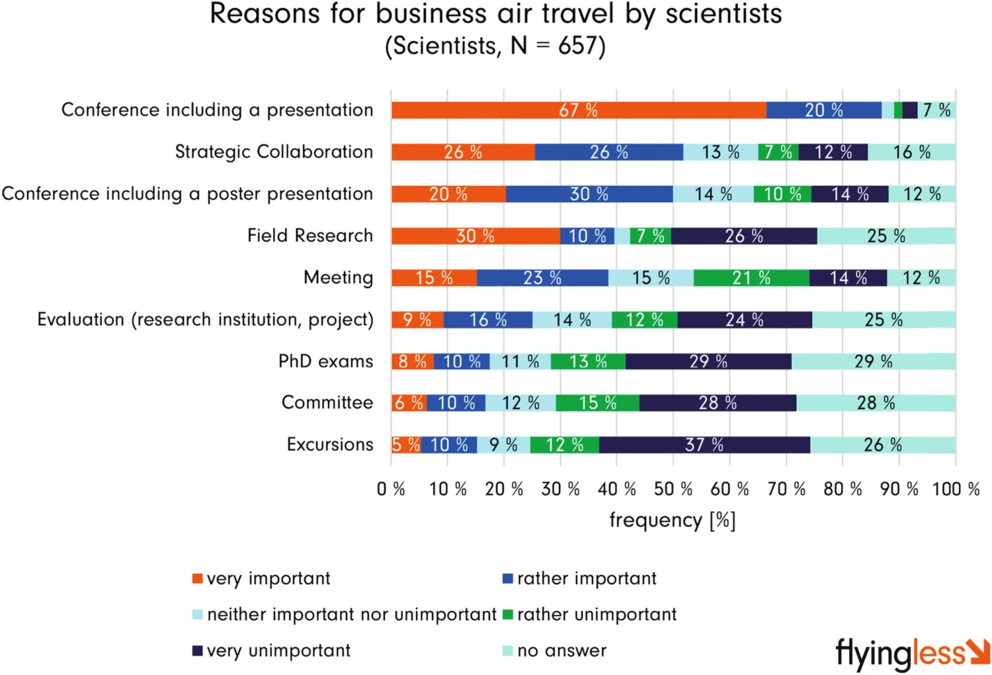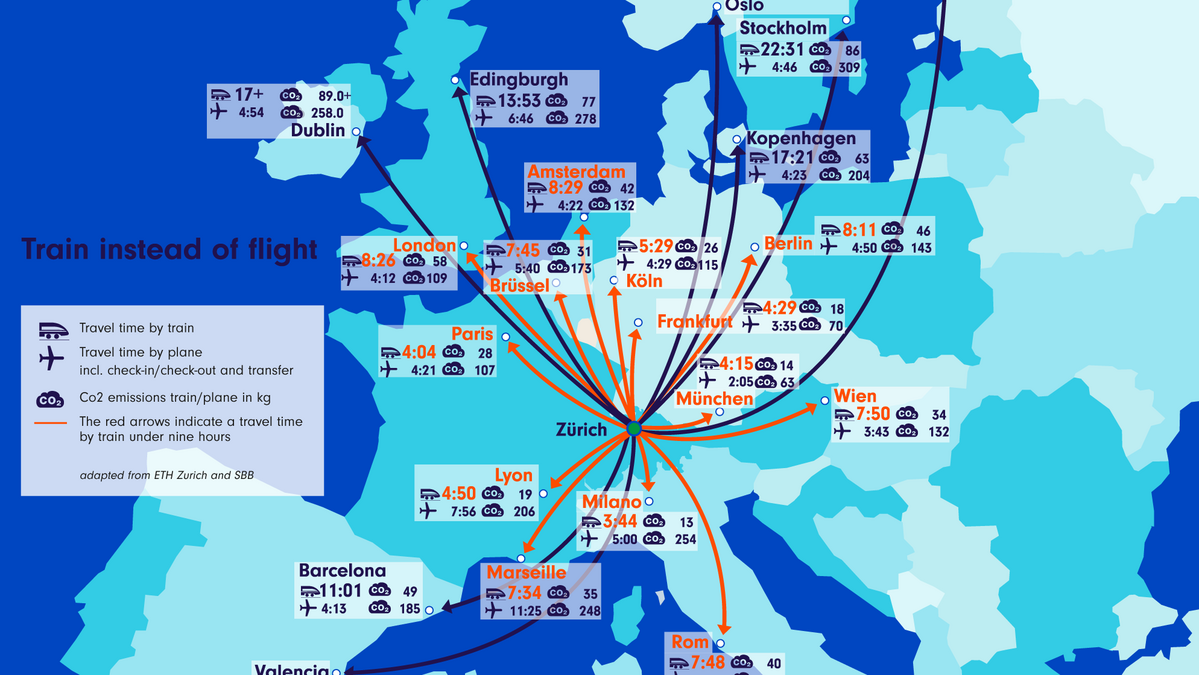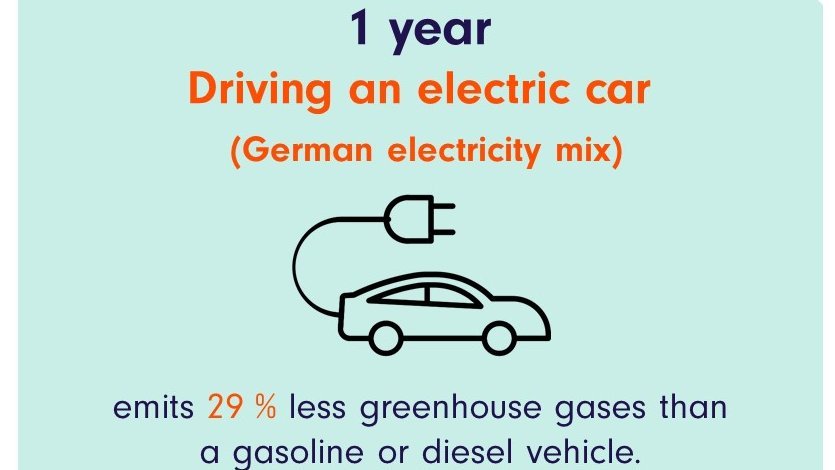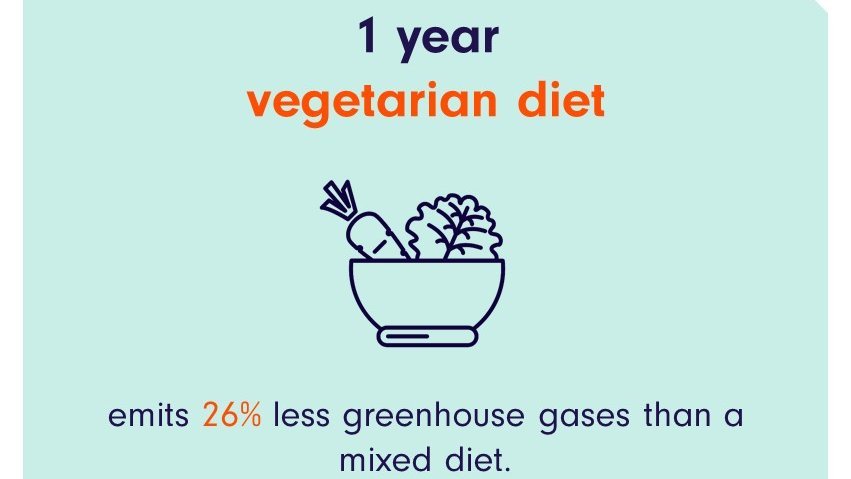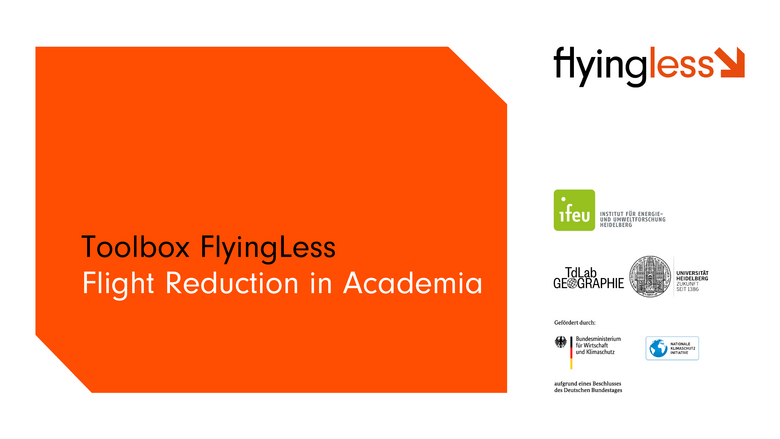University of Konstanz
University of Konstanz: Successful in the Excellence Initiative and the Excellence Strategy of the Federal and State Governments. Since 2007.
University of Potsdam
The University of Potsdam is the largest university in Brandenburg with approximately 22,000 students.
EMBL
EMBL is Europe’s only intergovernmental organisation for life science research, undertaking pioneering research and providing cutting-edge biological services and infrastructures.
MPI Astronomy
The Max Planck Institute for Astronomy explores the nature of our universe - from planets and stars to galaxies and black holes - to reveal.
